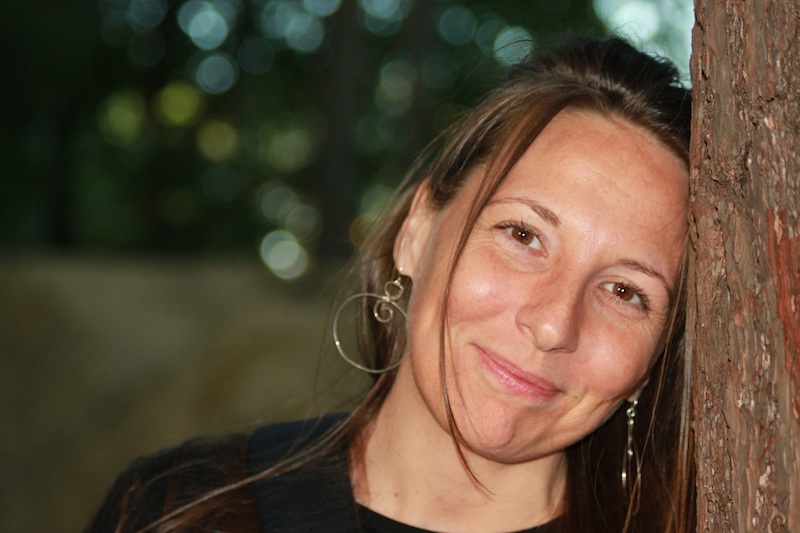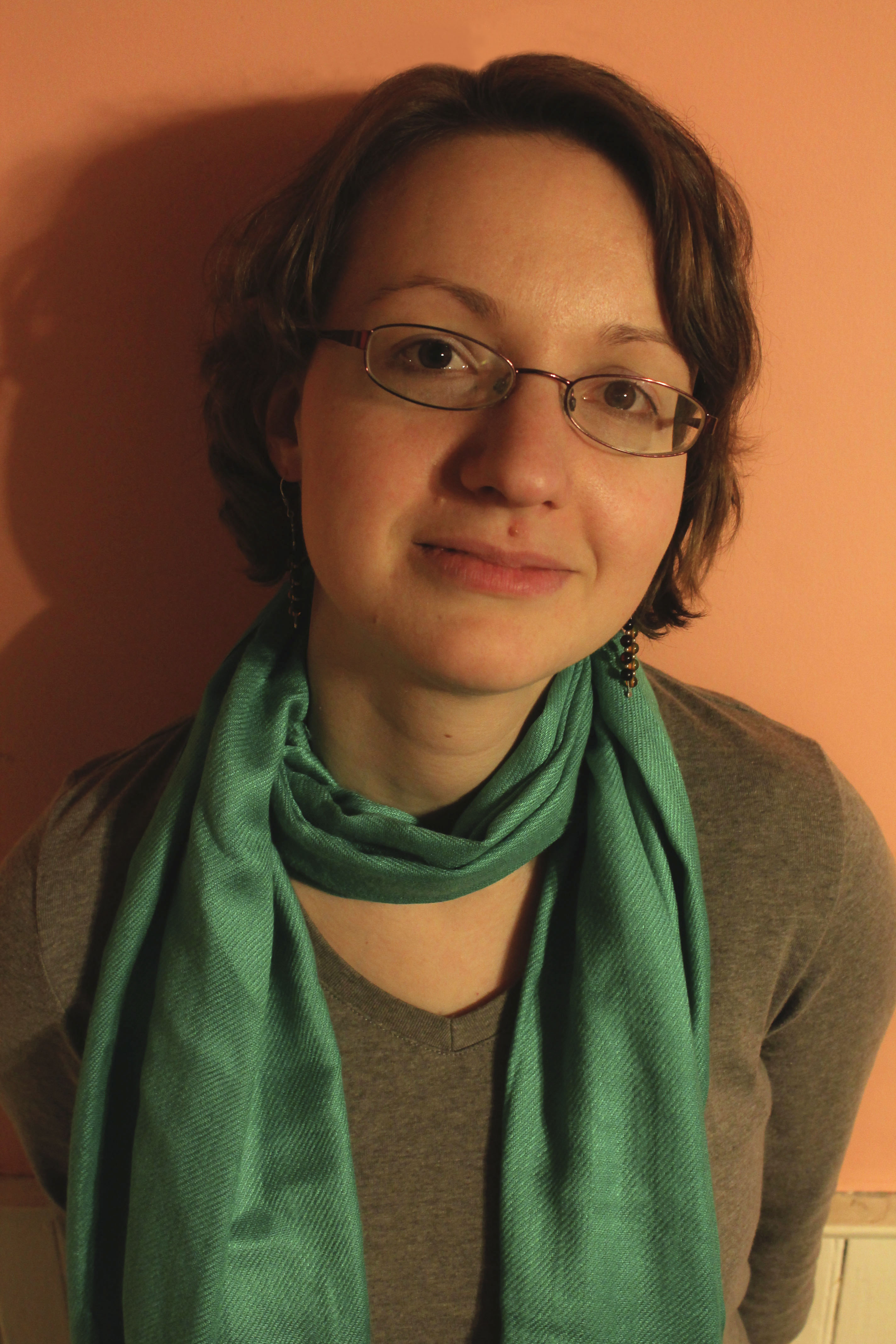Loquacious: "Bungalow" by Lené Gary
 Wednesday, July 25, 2012 at 7:00AM
Wednesday, July 25, 2012 at 7:00AM 
Loquacious: full of excessive talk : wordy (www.m-w.com)
Loquacious is a "wordy" series that revels in language. This week, the lovely Lené Gary, writer and poet, rolls around in the sound and meaning of one of her favorite words: bungalow. I adore Lené's sensibility and am so happy to bring you this sweet tidbit from her.
Bungalow
By Lené Gary
I don't know if it's the belly of the "b" or the cradled sling of the "g". . .
or the slippery tide I imagine washing sand under the fog on an early morning walk on the beach near my bungalow. Yes, my bungalow. That low-pitched roof of a small nest on a high cliff nestled in a sea of lavender dashed, big-petaled, perennial-thickened, Pacific air tempered garden near the railroad tracks. Nasturtium blooms will drape dips in the fence ― those barely rubbed pickets of white-seashell-washed wooden markers, noting ever so subtly the transition between here and there, between the sidewalk and front yard and front door (of my bungalow). Doesn't it make you want to stay? Want to pick lemons from the tree? Echinacea from the garden? Doesn't it make you want to lie back in the soft canvas cocoon of a veranda-hung hammock? Doesn't it make you want to read books? Hard covered, hand oiled, soft leather spined, patina-toned books (the kind only grandmothers have for their grandchildren)?
Me too. I want to go back to the bungalow of which I dreamed when I would walk the eroding cliff roads of Santa Cruz. The kind of home a surfer's feet pass when returning to his oblong, happy can with wheels ― the VW van with the tie-dyed, gently-pulled-closed curtains parked in the only spot left. Our street might not have a name, a sign I should say, for all the times that the sign has been stolen. You know you're in a good spot when everyone works to keep it a secret.
That's the place of the bungalow. In my heart. In my mind. A word I cannot let go of for the sound of the surf in my ear; it inspires, lets me believe, beyond all rationale, that there is a place held safe in my dream. And a place that holds my dream safely. A secret. Where I can breathe. Literally. Where I can be well, feel the ocean, smell the flowers, hear the birds, and read.
** ** **
 Lené Gary is a poet and writer living in Montpelier, Vermont. Her work has appeared in Birchsong: Poetry Centered in Vermont, Poemeleon, Limestone, Six Little Things, Watershed, M Review, Pecan Grove Review, Silkworm, Crash, Connotation Press, Grandmother Earth, SAGE, Vermont Nature, KNOCK, and The Poet’s Touchstone. She holds a dual-genre MFA from Vermont College of Fine Arts. When she’s not writing, she can be found paddling her well-worn, Mad River canoe.
Lené Gary is a poet and writer living in Montpelier, Vermont. Her work has appeared in Birchsong: Poetry Centered in Vermont, Poemeleon, Limestone, Six Little Things, Watershed, M Review, Pecan Grove Review, Silkworm, Crash, Connotation Press, Grandmother Earth, SAGE, Vermont Nature, KNOCK, and The Poet’s Touchstone. She holds a dual-genre MFA from Vermont College of Fine Arts. When she’s not writing, she can be found paddling her well-worn, Mad River canoe.
 loquacious
loquacious 



